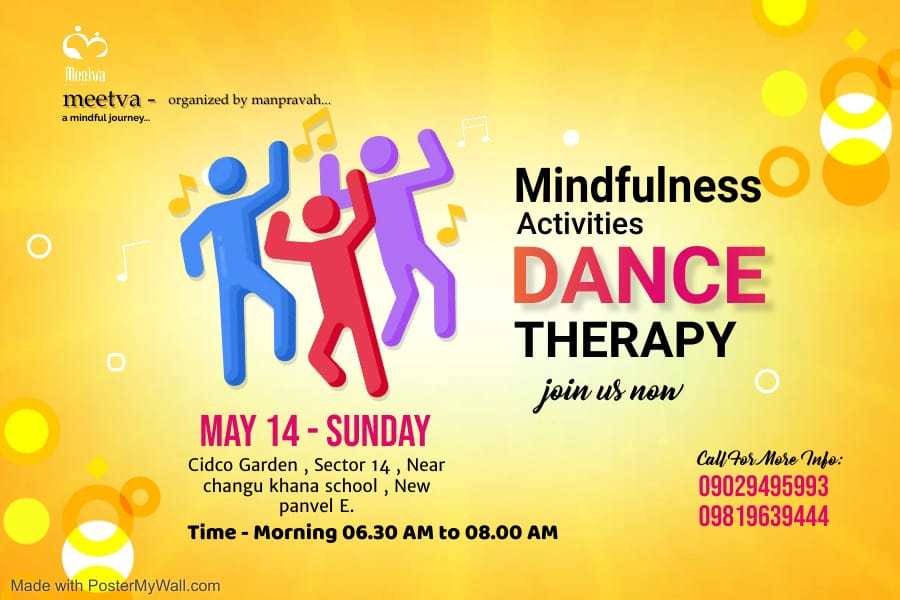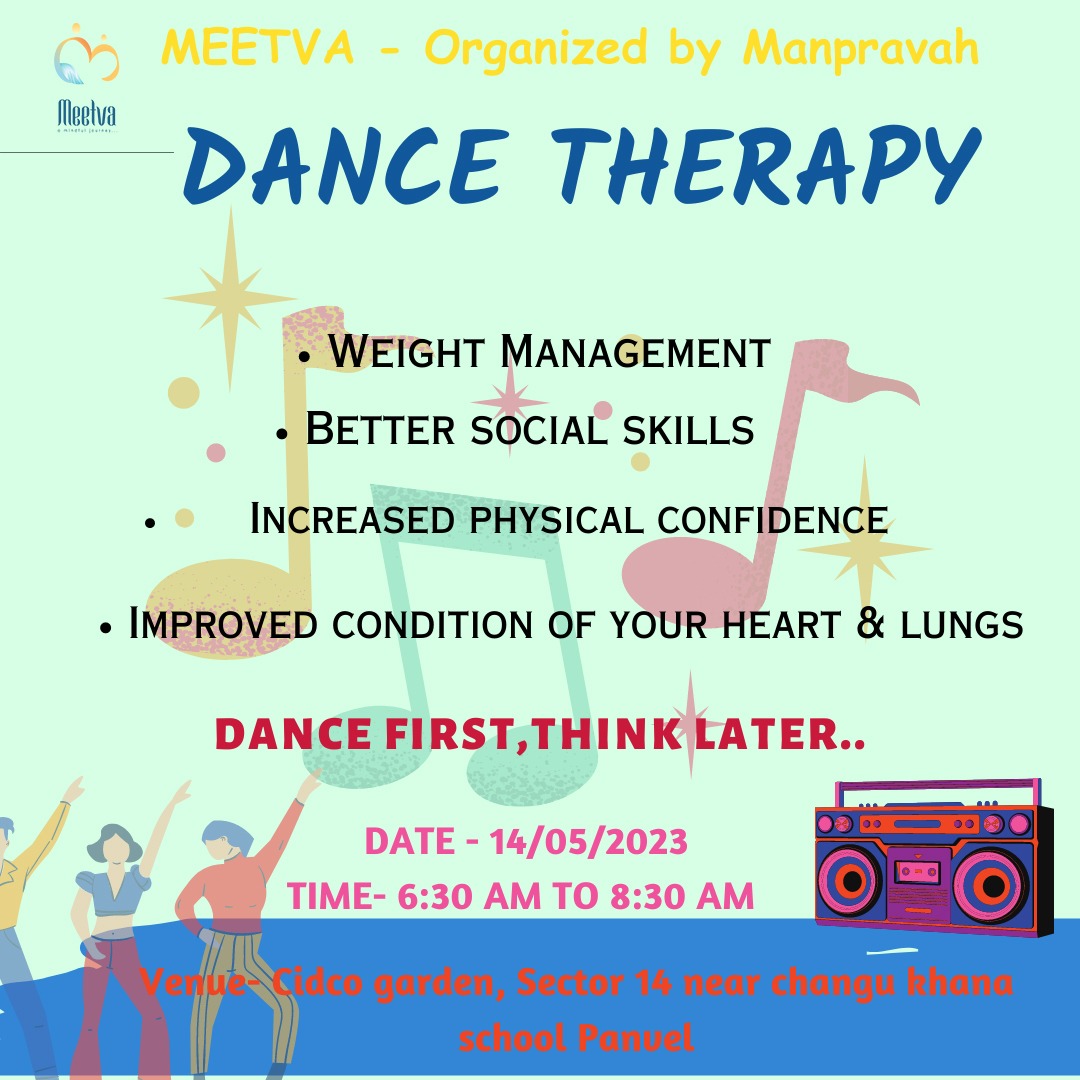BLOG POSTS
Tools & Techniques to Overcome Anxiety

Tools & Techniques to Overcome Anxiety

Your heart becomes stronger with regular exercise, making it easier for it to pump blood throughout your body. This lessens the pressure that blood exerts as it travels through your arteries, lowering your blood pressure. Additionally, dance enhances circulation and stops arteries from narrowing.
Although dancing primarily has positive effects on physical health, it also stimulates various parts of the brain because it requires coordinated movement of various body parts. The chance of getting dementia over time was compared by the researchers to leisure and physical activity. They discovered that the only physical activity that was linked to a lower incidence of dementia was dancing.


But you don’t have to learn moves by heart.
Dance encourages creativity because you can interpret motions whatever you like, which is one of its best qualities. A ‘caller’ calls out dances to the crowd during some types of barn dancing, such as ceilidh (pronounced kay-lee).
At other dances, like zumba, the instructor stands at the front and performs the steps. Finding a class should be simple as well because more than half of dance fitness instructors lead zumba classes, which are among the top five most popular exercise classes in the UK.
3)You might be prevented from heart disease by it.
Due to the increased breathing and pulse rate that dancing causes, it enhances cardiovascular endurance. The body eventually learns to acclimatise to this kind of stress after continuous practise. Due to this, dancing is listed by the American Heart Association as an endurance activity that can enhance heart health.
Your heart and lungs are able to better supply your body with oxygen thanks to this enhanced endurance. Your mind and muscles can function at a better level for a longer amount of time when the body is adequately fed!

